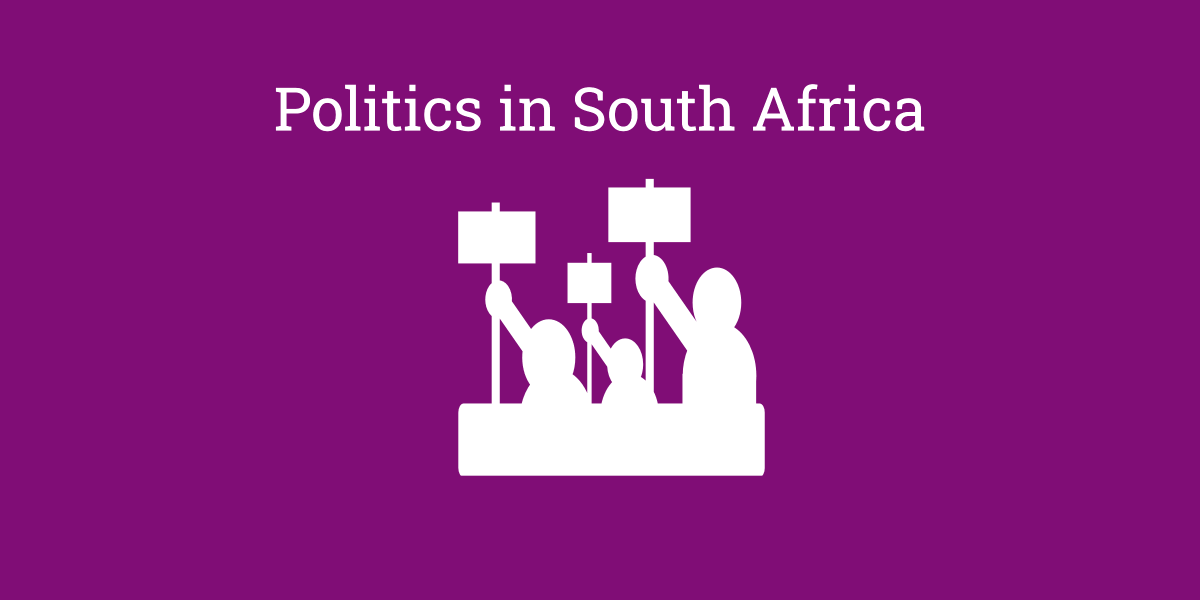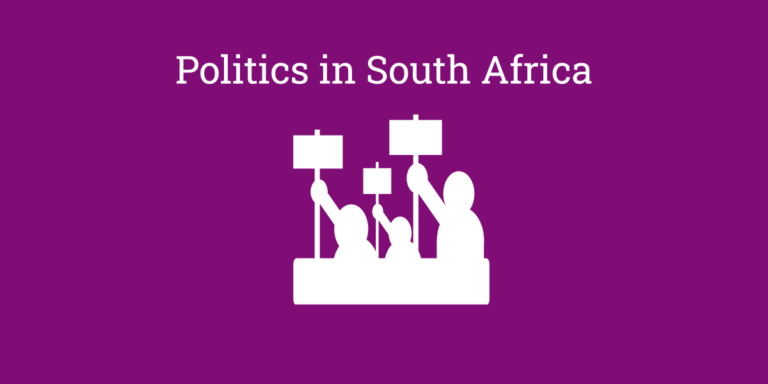The in-flight magazine on Kenyan Airways had the usual-usual. The spine of the magazine surprised: a Swahili proverb had been written on it. I cannot remember the exact wording, but it read something like:
When two bulls fight, the people suffer. — Swahili proverb
A subtle reminder that the political fighting in Kenya was having devastating consequences? A bit surprising if the intent was a subtle reminder for politicians to assess the consequences of their actions, because an in-flight magazine has an editorial stance to provide feel-good and unchallenging content.
The usual-usual for another business trip: the full conference package, a recommended novel (The Kite Runner) and a couple of magazines, as well as some academic articles. I watched part of a movie starring George Clooney playing an unscrupulous “fixer” in a law firm who eventually makes the right decision. I reread the workshop materials, and it was time to land at Jomo Kenyatta International Airport.
As we cut through the airport to immigration, I recalled the advice: get an official airport taxi. I negotiated a trip to the hotel, using the official taxi service.
Into the official taxi I stepped. As soon as I stepped in, the taxi driver stepped on the accelerator. He kept his foot almost always glued to the accelerator, directing cars around him with a flick of his hand and hooting/tooting passing around cars and into spaces where very few would attempt to fit a car.
For part of the journey, we travelled on Uhuru (which means “freedom”) Highway, a run-down road with unmarked lanes. I secured the seatbelt even tighter, especially after I experienced the first screeching brake of the car. In fact, after that I motioned the car to stop by putting my right foot into the floor of the car every time the driver braked.
My driver had said it would take us two hours to reach the hotel, but it took us about 45 minutes. I was oblivious to the significance of time saved, as I was still wondering how he had managed to cut across three lanes of oncoming traffic as we crossed Thika Road. So much for official taxis that stick to the official speed limit. The driver asked if he should pick me up for the return trip to the airport, and I said: “OK, provided the brakes are fixed.” Ay, taxi drivers are the same the world over, I thought to myself.
As I stepped out of the car, I checked my cellphone and the international roaming had been activated. I sent a message home. What I wanted to tell my four-year-old son was that Richard Scarry (an amazing author of children’s books) might have driven the roads of Nairobi. Busytown looked as chaotic as the Nairobi roads. Missing home already.
While driving, the taxi driver told me the mathathus (like our South African taxis) have the worst drivers but are the cheapest transport; that Safaricom, the largest cellphone network, would list on the Nairobi Stock Exchange starting with an initial public offering; and that he supported the “incumbent” Mwai Kibaki. He also was very quick to indicate that Uhuru Highway would be soon upgraded. The “skirmishes”, he told me, were limited to the slum areas, and over the past few weeks many countries had revised their travel advisories — Kenya was back on track.
The only question he asked about Johannesburg was: Is it as dangerous as everyone says? Besides some adventurous driving, as I was to find with Kenyan citizens, he was courteous, interested and always put the best face of Kenya forward.
The workshop I attended focused on a research design for a cross-country study on the informal economy. The point being that research in this area is needed to ensure that across the African continent, governments sharpen their responses to the challenges of unemployment and poor working conditions. More to the point, most economies are not labour absorbing, yet the informal economy is growing. My host, one of the oldest and leading centres in Africa, the Institute of Development Studies at the University of Nairobi, provided a gracious welcome, a well-organised workshop and a very engaged and interesting discussion on the informal economy.
During the breaks the questions surrounding the “skirmishes” were hotly debated. I understood that open wounds are sometimes best left undescribed. So I continued to use the word “skirmishes”.
I asked. What are IDPs?
Internally displaced people — refugees in their own countries, Kenyans who are living in camps and unable to return home. What are the underlying causes?
The violence stemmed from an unequal society that has left the young, mostly young males outside the economy, was the common answer. Another question. Why was there no fighting in the city centres?
Well, Nairobi was cordoned off, with the military restricting access. Will the political settlement hold?
No one had a definitive answer to this question.
I enjoyed watching the Kenyan news that evening. Raila Odinga was arguing that Safaricom should not be listed. He raised an issue about Mobitelea.
I asked about Mobitelea the following day. Mobitelea owns a 10% stake in Safaricom, but who exactly owns the shares is unclear, was the answer. The following evening, I saw Mwai Kibaki on television speaking at the launch of Safaricom, an occasion replete with pomp and ceremony. I would intuitively side with Odinga on this policy issue, and he seemed to speak to the aspirations of the poor, rather than the rich. Yet, for a few minutes Kenyan politicians disagreeing was optimistic. They were, after all, disagreeing on a policy issue, rather than on who should have what position!
The power-sharing arrangement had, however, not yet been finalised during my visit. (Thankfully since then it looks as if a political settlement has been reached. Hopefully, it lasts.)
Across the political divide Kenyans argued that as citizens they could no longer allow politicians to decide their futures, without accountability. No longer should powerful men across the divides see the future and make decisions for generations to come. My taxi driver picked me up at 5am, but made the same point: politicians must be accountable. He honoured both his promises: fixing the brakes (it needed to be done anyway) and picking me up for the return trip to the airport.
As we moved through the quiet Nairobi streets, we passed two roadblocks. I wondered if similar roadblocks had been set up during the “skirmishes”. My driver was oblivious to this, asking me whether I had buckled up.
On the return trip back to Johannesburg, I was met with the familiar sight of several South African consultants/ advisers/representatives of multinationals working in Africa: laptop bags, HSDPA modems and copious amounts of coffee. Kenya, it would seem, is a great place to do business. The listing of Safaricom had enthused one of these representatives of a large South African food franchise, with whom I had struck up a conversation. Capitalism was the answer, he argued. As long as markets will reach unemployed youth, I intervened. We reminded each other that outsiders rarely know the solutions.
However, the “skirmishes” were mostly between young, unemployed youth. A common question, and one we may yet ask in South Africa: Why do the poor have to fight among themselves for access to resources, power, life, food, access and opportunity? Perhaps the real tragedy of the Kenyan “skirmishes” was that the poor were fighting among themselves rather than against the powerful, and without violence.
Stability, the rule of law, democracy — all amazing and important achievements that must be cherished. But, is it not fantasy to think that a re-establishment of “good governance” is enough? Kenya, like South Africa, needs to open opportunities that poor young people can access for it to prosper and become winning a nation. More to the point, can we keep this “good governance” (democracy plus capitalism) going, and deal with structural reasons for exclusion and inequality?
As we left for Johannesburg, I thought about the proverb on the spine of the magazine on the return trip. I remembered one of the performances from my niece’s speech contest:
Way down south where bananas grow,
A grasshopper jumped on an elephant’s toe,
The elephant said with tears in his eye
“Pick on somebody your own size.”
As I read The Kite Runner , I wondered if, like the Amir in that story, we are all complicit in watching and not doing enough.
I then remembered a Zulu proverb: even a thorn can kill an elephant. It is time to remind politicians of just that: the citizens of the country can dislodge them, if they will not accept the will of the people.
Kenya’s future looks better, not because the politicians are in agreement, but because its citizens look ready to hold them accountable. Let the builders of Uhuru Highway be the excluded, and the poor.

